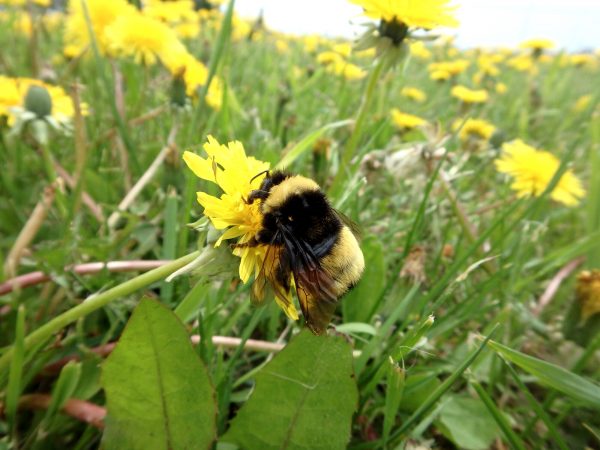The Organization of American States (OAS) General Assembly has elected Osgoode Hall Law School Professor and York Research Chair in Pluralism and Public Law Benjamin Berger, to the Board of Directors of the Justice Studies Centre of the Americas (JSCA).
Berger will join the board beginning Jan. 1, 2021 and will serve through 2023.

In the context of the 50th Regular Session of the General Assembly, the member states of the OAS elected Berger along with two other members to the JSCA Board of Directors. The mission of the JSCA, which is headquartered in Santiago, Chile, is to provide technical support to OAS member states in their justice system reform processes.
Berger was elected along with María del Carmen Maldonado Sánchez of Ecuador and María Victoria Rivas of Paraguay. They will assist the countries of the Americas, which have been undertaking important justice system reforms. JSCA supports these efforts by evaluating each country’s work, proposing organizational improvements, analyzing management and work processes, and designing and developing training programs focused on the skills and strategies required to change practices and obtain the desired results.
Elected this past fall to the College of New Scholars, Artists and Scientists in the Royal Society of Canada, Berger specializes in law and religion, criminal and constitutional law and theory, and the law of evidence. He has published broadly in these fields and his work has appeared in leading legal and interdisciplinary journals and edited collections.
Berger has received international recognition for his interdisciplinary scholarship exposing the complex nature of secularism, the limits of state law, and the implications of both for religious pluralism, equality, and constitutionalism. Among Canada’s foremost scholars of constitutional and criminal law, his work has shaped debates on the role of public law in deeply diverse societies.
He is active in judicial, professional and public education, is involved in public interest advocacy, and has appeared before the Supreme Court of Canada. He received the Osgoode Hall Law School Teaching Award in 2013.




















